
OR
Limits of president’s power
Published On: December 23, 2019 09:41 AM NPT By: Republica | @RepublicaNepal
The Office of the President has come under criticism once again and no other than president Bidya Devi Bhandari herself has triggered it. On Friday, she summoned influential ruling Nepal Communist Party leaders, ministers and advisors of Prime Minister KP Sharma Oli at her office to discuss contemporary politics, just before party’s standing committee meeting was supposed to conclude on Saturday. She is reported to have discussed about socialism, the policy outlined by the party. According to the sources, president Bhandari had inquired about contemporary politics, ongoing standing committee meeting and socialism. The situation, as reported, was such that while NCP chairperson Pushpa Kamal Dahal was waiting for these leaders, they were in Sital Niwas and Dahal was expressly unhappy about it. Likewise, some of the NCP leaders have interpreted this as president encouraging factionalism within the party. This, however, is not the first case of president exerting her influence in governance and the party. She was also criticized for calling the top leaders of the party to her office to facilitate resolution of internal disputes and completing the party unification process.
It is not right for ceremonial head of state to exercise power to manage the internal issues of the party or direct the government on various issues. The president can offer her advice, if any, during the regular meeting with the head of the government. President’s actions and activities should be such that they do not contravene with the existing constitutional norms and provisions. The constitution has clearly defined the roles and powers of the president. It would be wise for the head of state to remain within the constitutional limits.
President’s move has been looked into with concern also because the Prime Minister K P Sharma Oli has not been able to work actively due to his poor health. There is rumor about the game plan of handing over executive power to the president, in case Prime Minister has to be absent in office for his health treatment or has to go abroad for the same. President Bhandari is the first elected president under the federal set up and it is expected that she conducts herself on high moral ground of neutrality and constitutional limitations. It is unfortunate that ceremonial president is seen to be interfering in matters ranging from appointment of officials to the appointment of ministers. After her election to the office of the president, she is no more the member of any party. The prestige of the her office will increase only when she conducts herself in a way people—irrespective of their political affiliations—regard her with high esteem. We believe that president will avoid any such activities or actions which will land her in controversy or which generate concerns or doubts among the people regarding her intentions in the days to come. The president may not have any ulterior motives, and she may have interacted with party leaders in good faith. But she should carefully guard herself against assuming partisan bias while dealing with any issue.
You May Like This
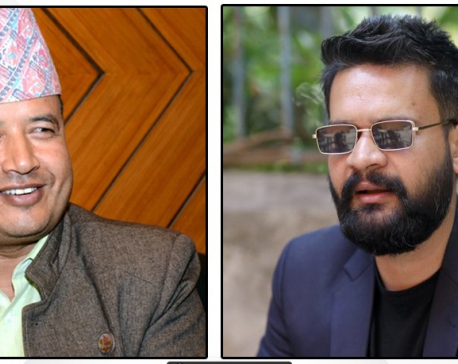
UML leader Basnet to Balen: Don't be pampered just because you have a few hundred fans on Facebook
KATHMANDU, August 26: While the Mayor of Kathmandu Metropolitan City (KMC), Balendra Shah, is speeding up the work to demolish... Read More...

Amazon confirms two employees in Italy have contracted coronavirus
WASHINGTON, March 2: Amazon.com Inc said late on Sunday that two employees in Milan, Italy, have contracted the coronavirus and... Read More...
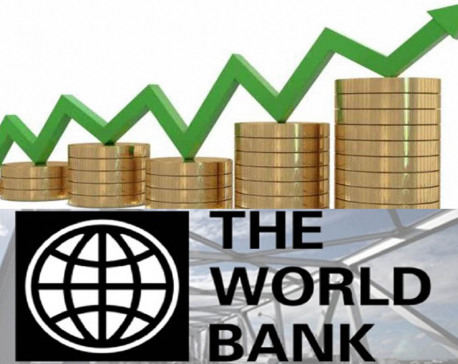
Complete education, full health could double Nepal's GDP per capita: WB
KATHMANDU, June 7: Nepal has the potential to double its Gross Domestic Product (GDP) per capita in the long run if... Read More...
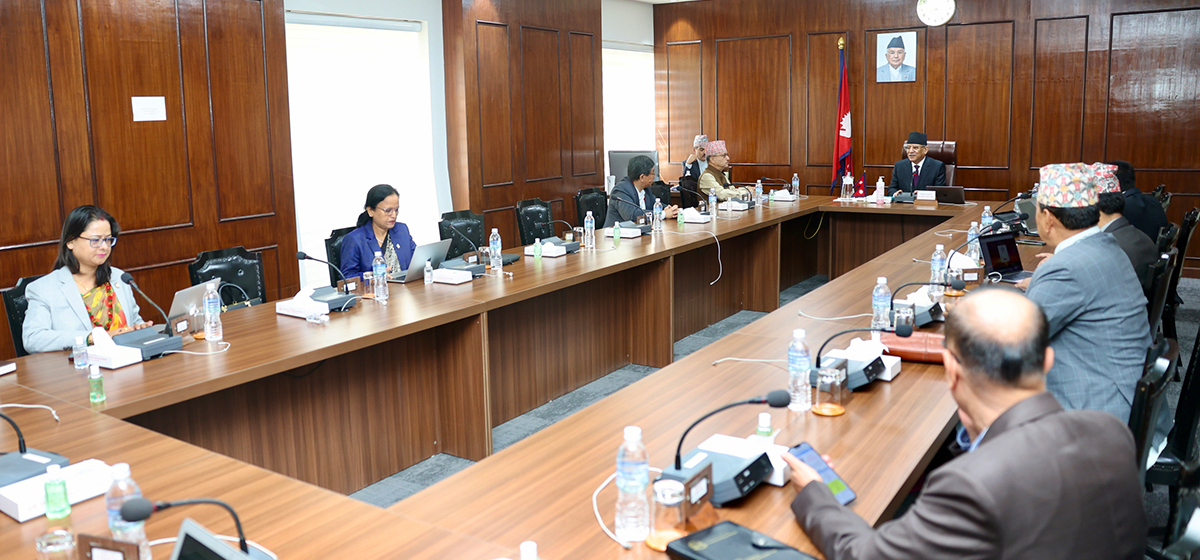

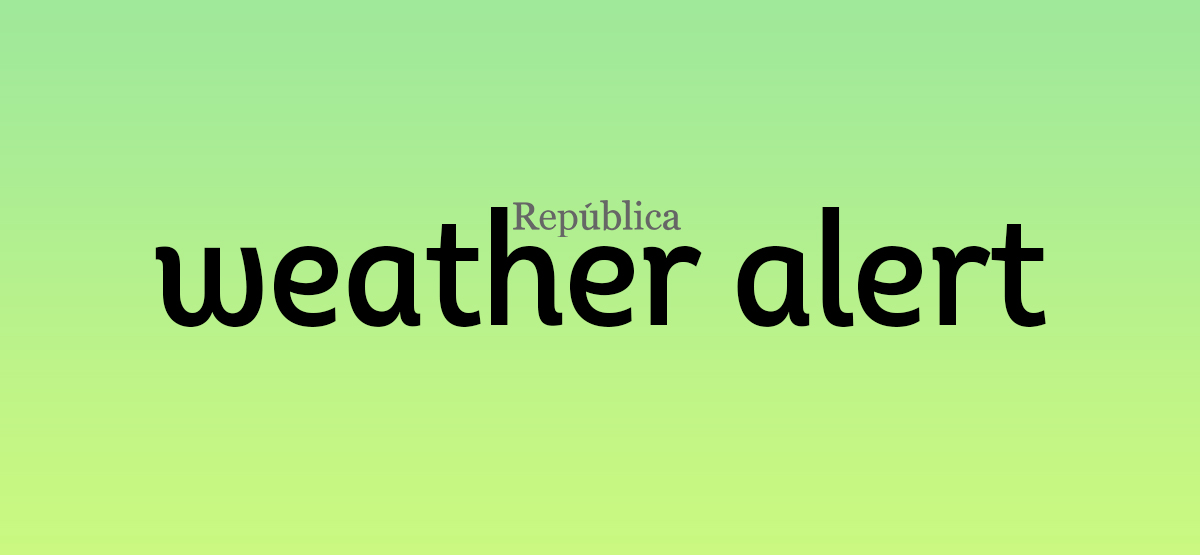
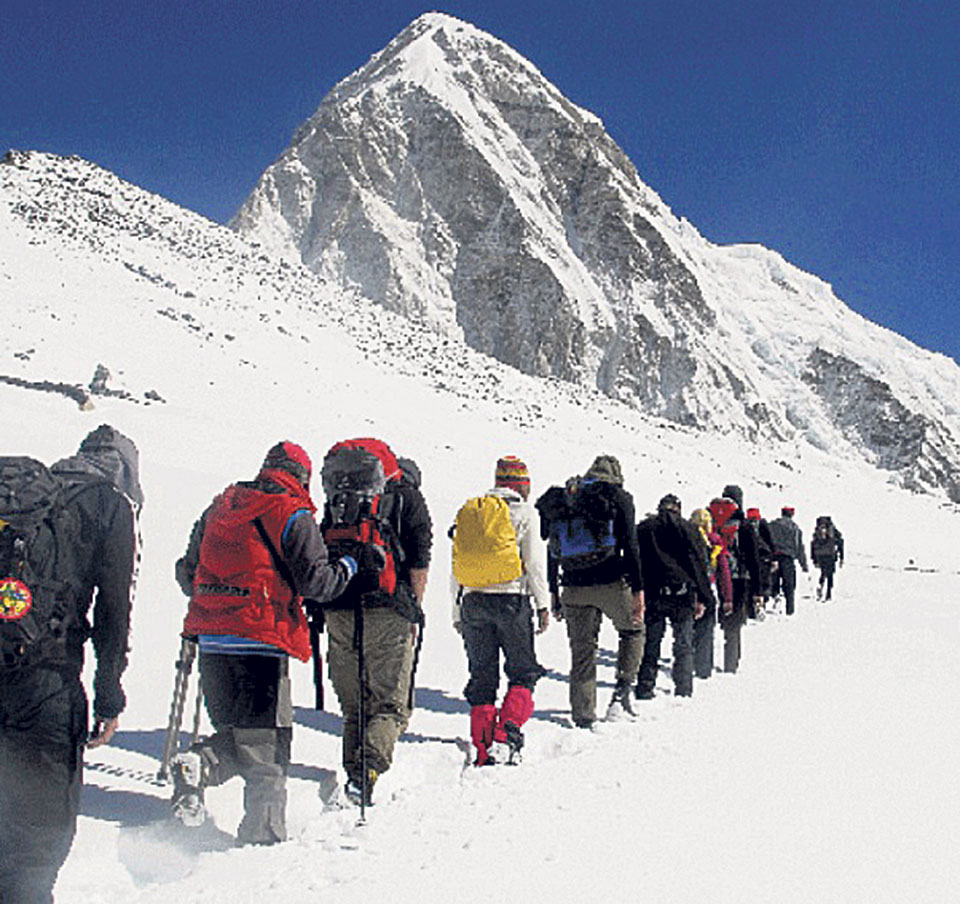
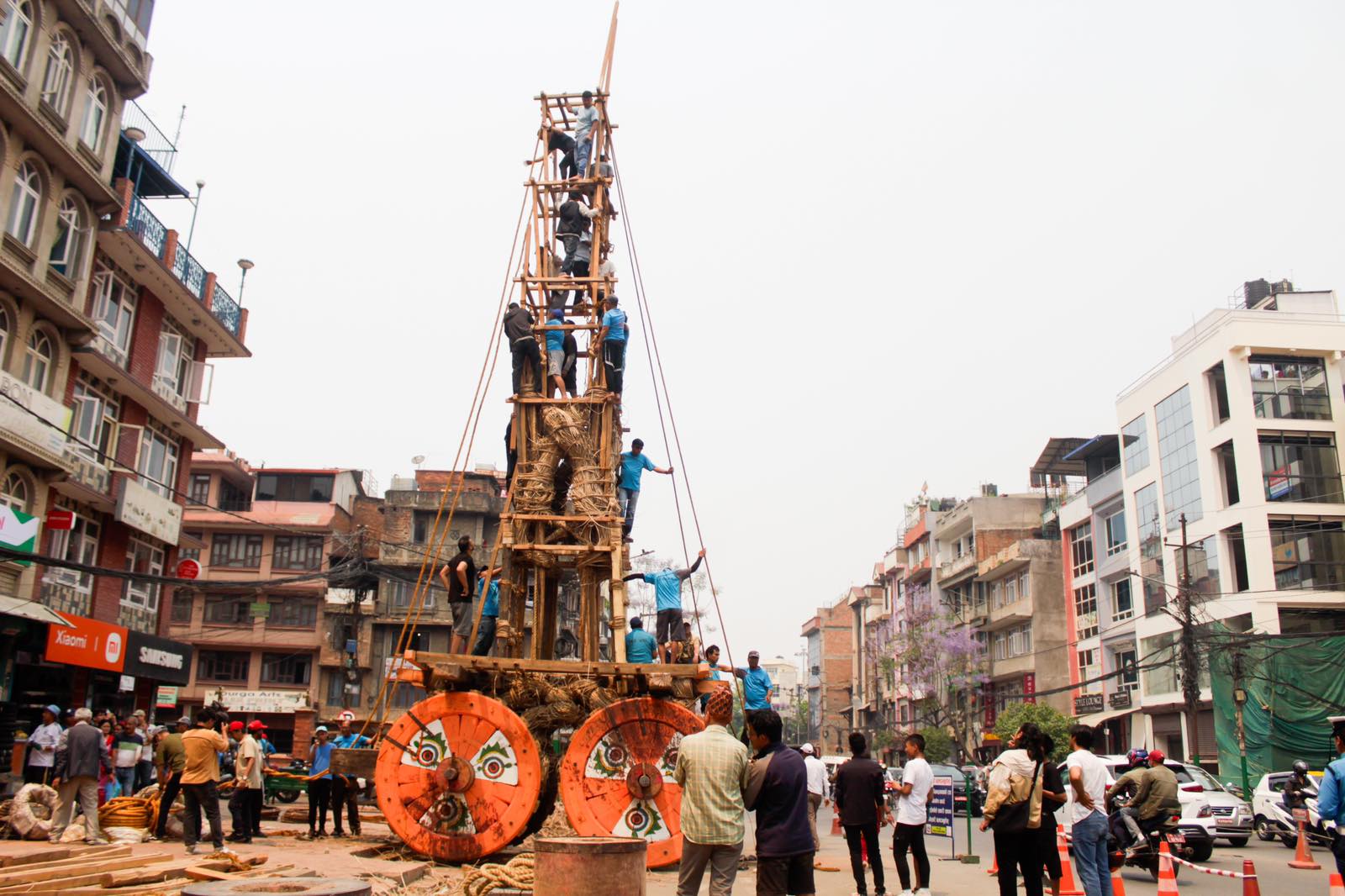

Just In
- In Pictures: Preparations underway for Rato Machindranath chariot procession at Lalitpur
- Meeting called by Sudurpaschim CM Sodari to seek vote of confidence postponed
- Stock Analytics Software ‘gaining popularity’ in Nepal
- Health Ministry warns of action against health facilities running illegally
- NEPSE added 33.03 points, while investors gained Rs 52 billion from shares trading last week
- Five-match T20 series: Nepal secures victory over visiting team in final match
- Govt to take concessional loan of Rs 13.33 from World Bank
- Fire damages property worth over Rs 460 million in Madhesh Province



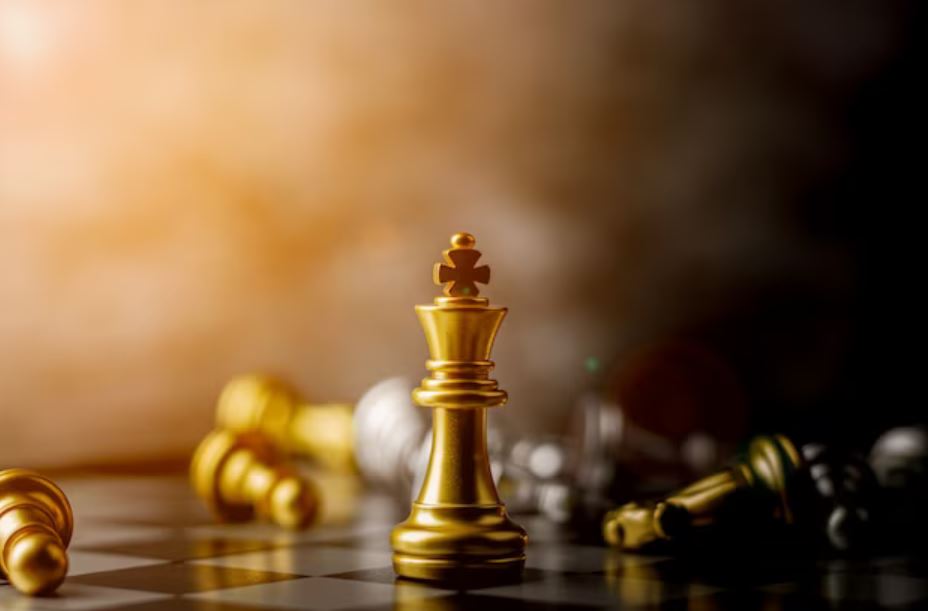
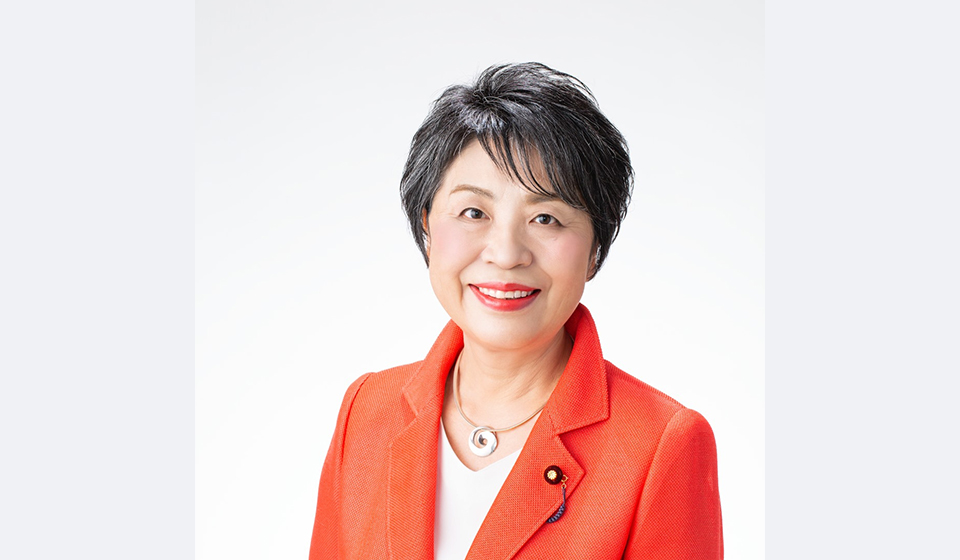
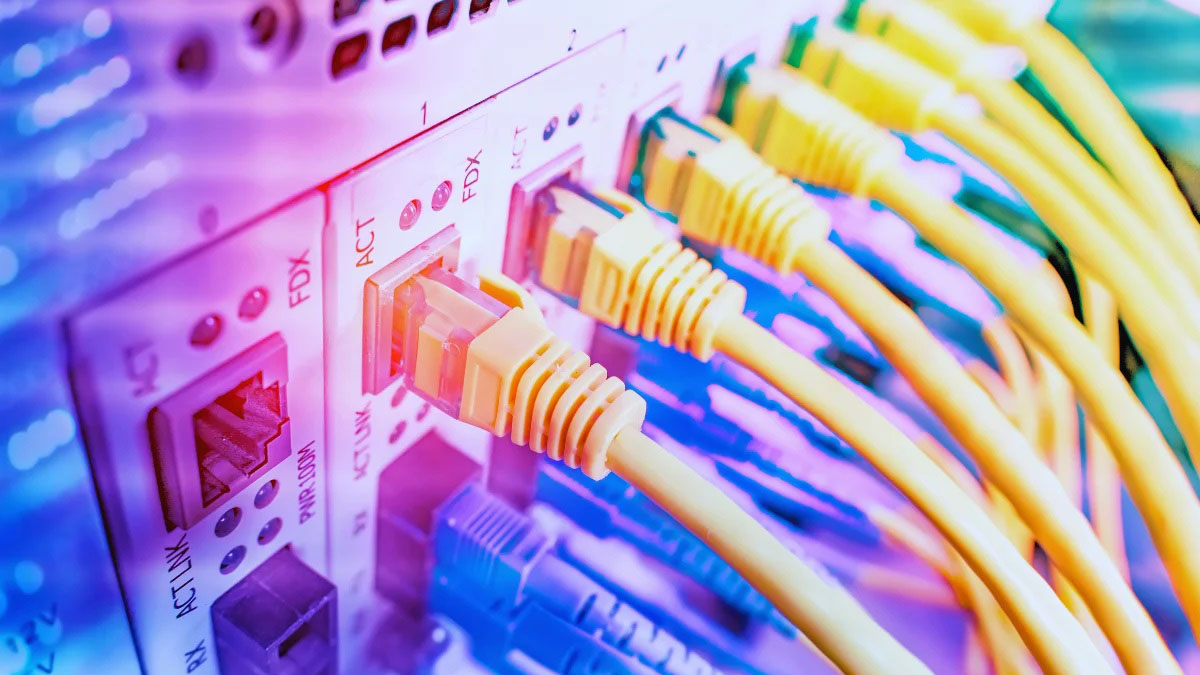
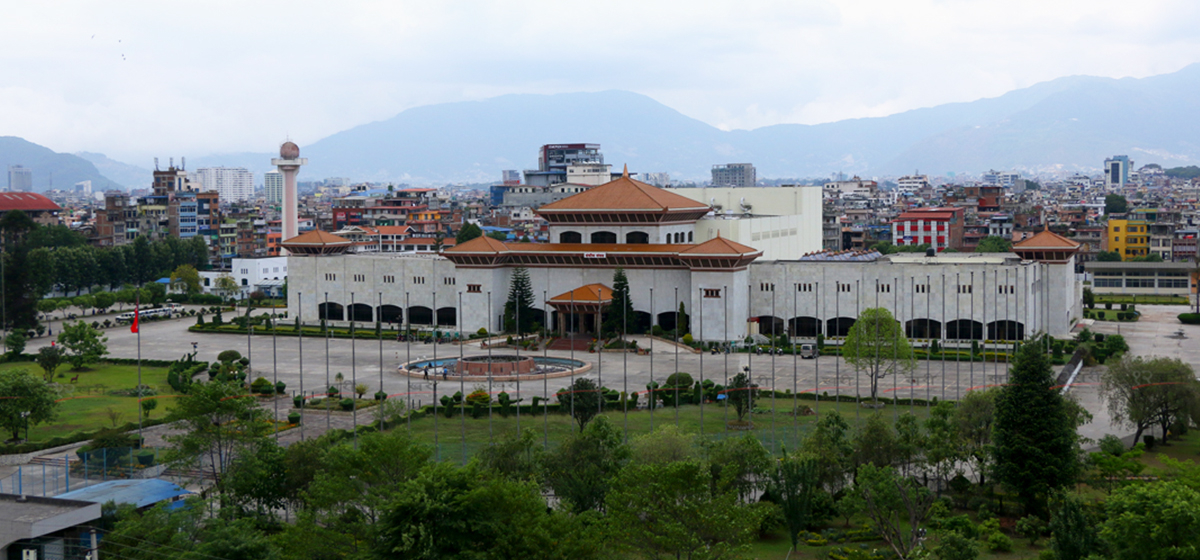
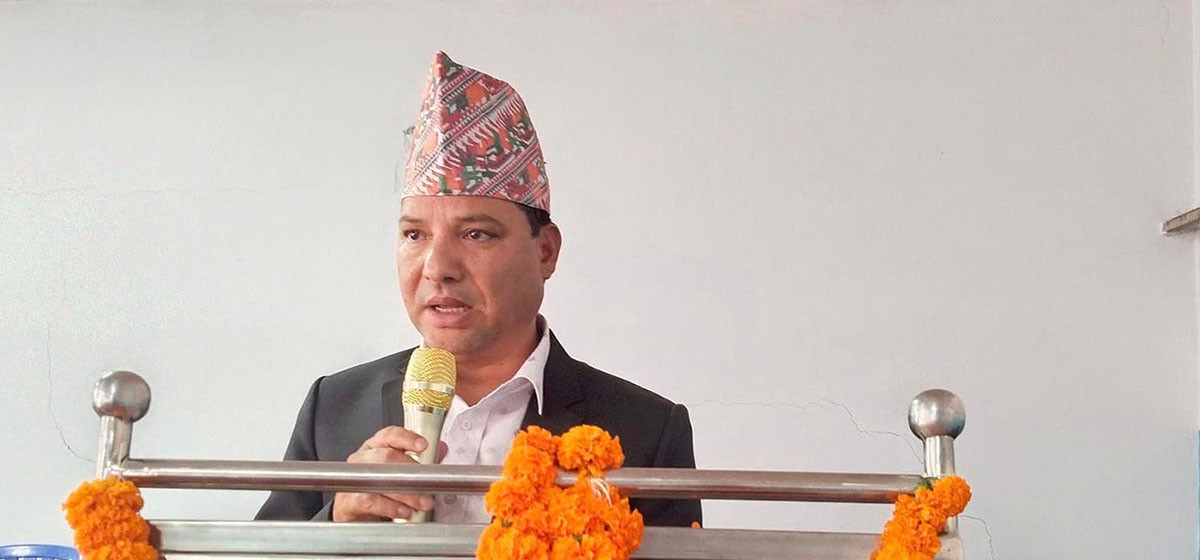
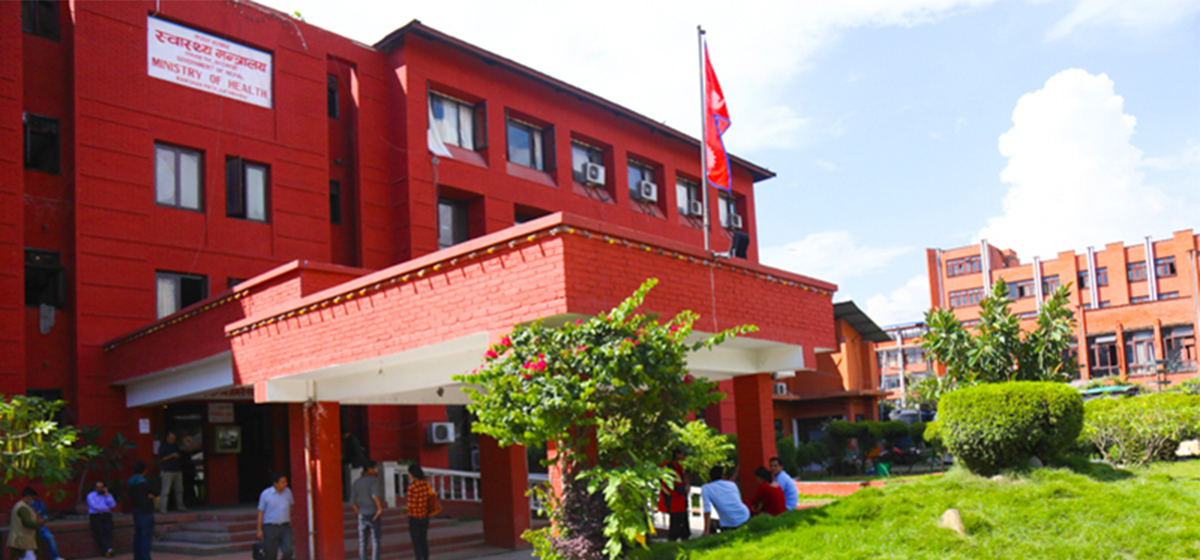
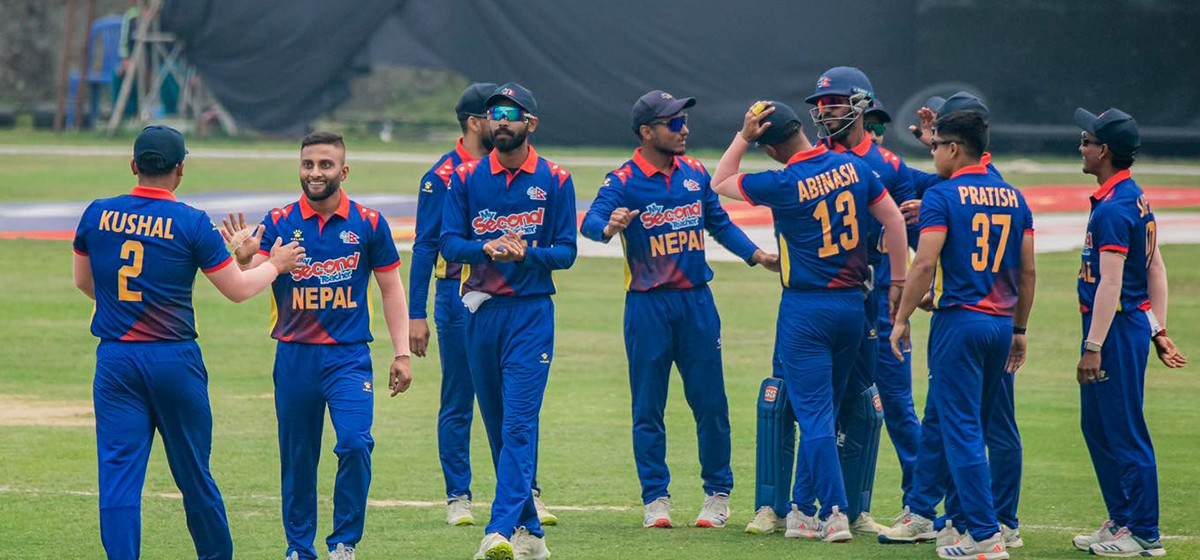
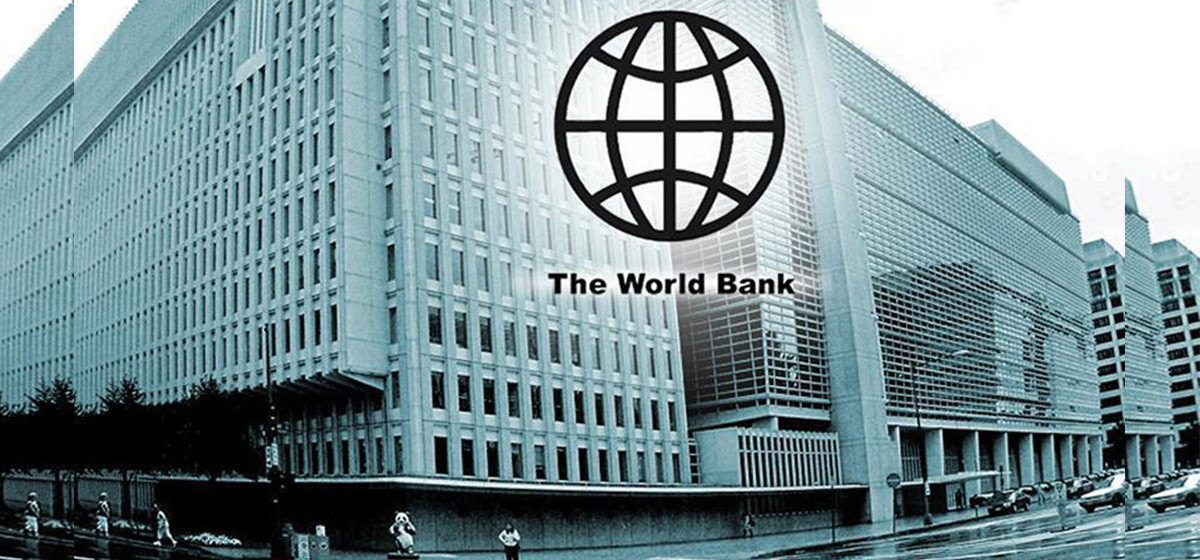
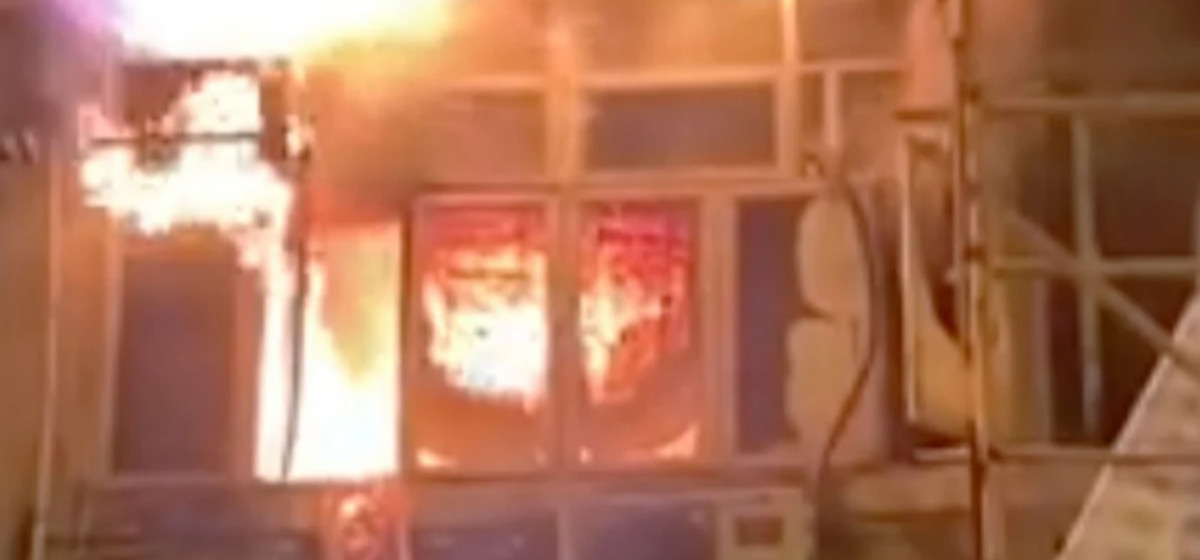
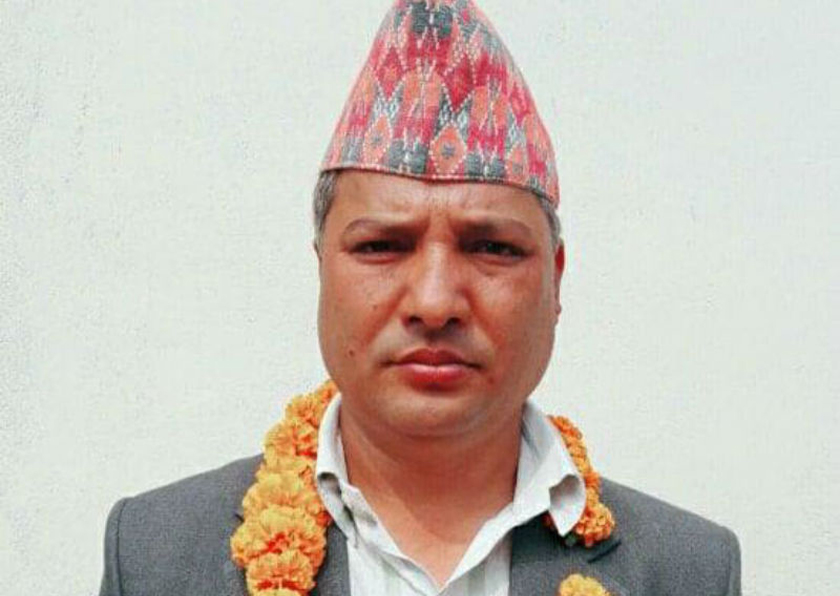
Leave A Comment